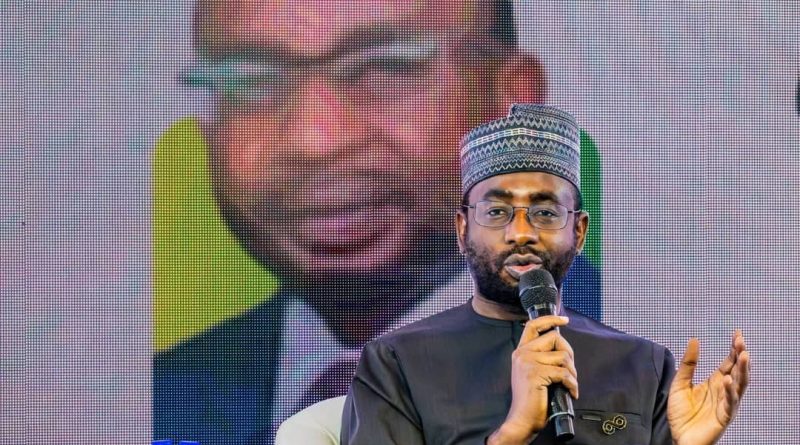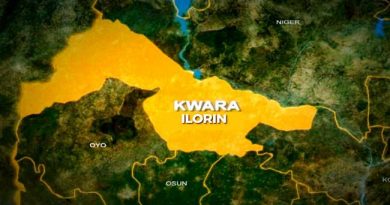NITDA DG Seeks Collaboration, Innovation to Build AI-Ready Africa
NITDA DG Seeks Collaboration, Innovation to Build AI-Ready Africa
By Alabidun Shuaib AbdulRahman
The Director-General of the National Information Technology Development Agency (NITDA), Kashifu Inuwa Abdullahi, CCIE, has urged stronger collaboration among African nations and stakeholders to ensure the continent becomes fully prepared for the opportunities and challenges of Artificial Intelligence (AI).
Inuwa made the call during panel sessions at the Hyperscalers Convergence Africa 2025 held in Lagos, themed “Fostering a Digital Africa: Connectivities, Convergence and Innovation.”
Speaking on the topic, “From Mobile First to AI-Ready: Will Africa Deliver on Innovation?” the NITDA boss said Africa’s youthful population gives it a unique advantage in the digital era if properly harnessed through skills development and inclusive policies.
READ ALSO: FG Moves to Secure Digital Economy, Strengthen Cyber Defence — NITDA DG
“We have a generation that is energetic, curious, and eager to embrace digital technologies. This is our biggest strength — but without the right skills and structures, it could become a burden,” he said.
He explained that the Federal Government, through the 3 Million Technical Talent (3MTT) programme, is working to equip young Nigerians with relevant digital and technical skills to power the nation’s digital economy and strengthen Africa’s technological capacity.
According to him, the administration of President Bola Tinubu is also deepening investments in digital infrastructure through new public-private partnership frameworks, such as the PPP Policy on Mediation and the Project Bridge Initiative.
Inuwa disclosed that government is building a Digital Public Infrastructure (DPI) framework that will integrate identity, payments, and data systems, creating a foundation for AI-driven services and innovation.
The NITDA chief also emphasised the need for Africa to learn from history, warning that the continent must not repeat the mistakes of past industrial revolutions where it supplied resources but gained little technological benefit.
“Africa has the talent and resources to lead this transformation, but we need unity, capacity building, and collaboration,” he said.
Speaking during another session titled “Shaping Africa’s Digital Future: Policy and Regulatory Frameworks for Accelerated Growth,” Inuwa called for practical, scalable innovation.
He advised policymakers to “dream big, but build small,” stressing that solutions developed for local challenges could evolve into global success stories.
“Technology doesn’t respect borders; it connects and transforms. The small idea you develop to solve a community problem can grow into something global,” he said.
Inuwa further urged governments across Africa to adopt inclusive, data-driven, and collaborative policymaking, noting that sustainable digital transformation requires policies co-created with industry stakeholders.
He criticised traditional policymaking models that exclude implementers, describing them as ineffective and outdated.
“When you design policies without involving the real builders — those who live the reality — they fail before implementation. At NITDA, we are changing that through our Intelligent Regulatory Framework,” he stated.
He explained that the framework ensures policy formulation is grounded in awareness, inclusiveness, and adaptability.
“Policies must be data-driven and flexible enough to evolve as realities change,” he added.
Inuwa highlighted Nigeria’s National Artificial Intelligence Strategy as an example of collaborative policymaking, saying it was developed jointly with experts from academia, the private sector, and civil society.
“Policymaking must be a living process — dynamic, innovative, and responsive,” he said.
“Our collective future in AI depends on how we work together, learn together, and build together.”
He maintained that with stronger collaboration, local innovation, and inclusive regulation, Africa can transition from being a technology consumer to becoming a global contributor in the digital age.




